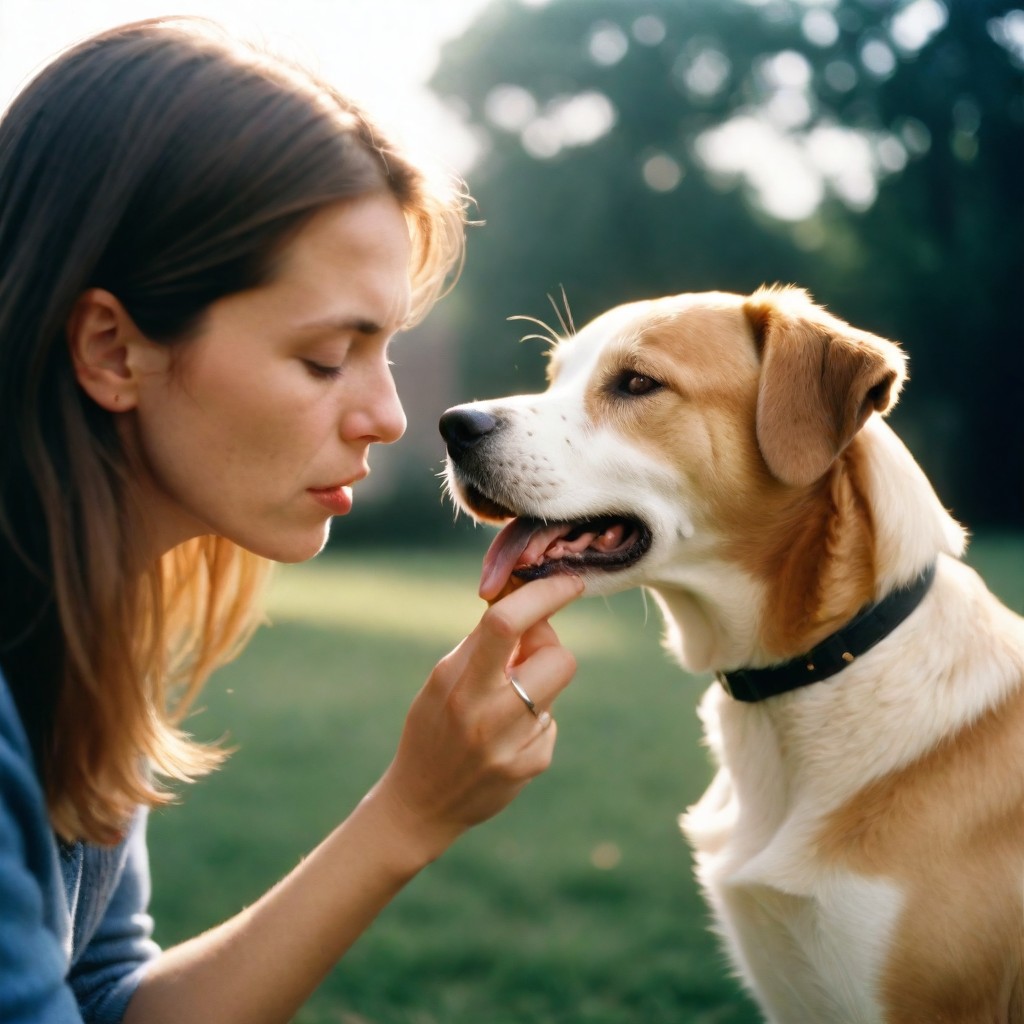HOME STORE CONTACT US BRANDS RETAILERS CORNERS
Conquering Canine Halitosis: Understanding and Tackling Bad Breath in Dogs”
our guide on bad breath in dogs, where we’re sniffing out the root causes and unveiling effective solutions to freshen up your furry friend’s breath. If you’ve ever been taken aback by your dog’s less-than-pleasant breath, you’re not alone. But fear not! We’re here to help you understand why it happens and what you can do about it.
- What Causes Bad Breath in Dogs?
- Delve into the various factors that contribute to bad breath in dogs, including poor dental hygiene, diet, underlying health issues, and oral infections. Understanding the root causes is crucial for effective treatment.
- Detecting the Stench: Signs and Symptoms of Bad Breath:
- Educate pet parents on how to recognize signs of bad breath in their dogs, such as foul odor from the mouth, excessive drooling, and reluctance to eat. Empowering them to identify the issue early can lead to prompt intervention.
- Diving into Dental Hygiene: The Importance of Oral Care:
- Stress the significance of regular dental care for dogs to prevent bad breath and maintain overall health. Provide tips on brushing techniques, suitable toothpaste, and the frequency of dental check-ups.
- Targeting Tartar: Plaque and Tartar Buildup Demystified:
- Explain how plaque accumulation leads to tartar buildup and subsequent bad breath. Offer advice on preventing and managing tartar through dental chews, toys, and professional cleanings.
- Dietary Decisions: How Nutrition Affects Breath Odor:
- Discuss the role of diet in canine breath odor, emphasizing the importance of balanced nutrition and avoiding foods that contribute to foul-smelling breath. Recommend dental-friendly treats and supplements.
- Herbal Helpers: Natural Remedies for Fresher Breath:
- Introduce natural breath fresheners like parsley, mint, and cinnamon, known for their odor-neutralizing properties. Provide tips on incorporating these herbs into your dog’s diet or using them as breath fresheners.
- Professional Guidance: When to Seek Veterinary Care:
- Educate readers on when bad breath may indicate an underlying health issue requiring veterinary attention. Encourage regular dental check-ups and prompt consultation for persistent halitosis.
Conclusion: Say goodbye to unpleasant doggy breath with our comprehensive guide. By understanding the causes and implementing preventive measures and natural remedies, you can keep your canine companion’s breath fresh and their overall health in top shape. Here’s to happy, healthy, and sweet-smelling moments with your beloved pooch!










